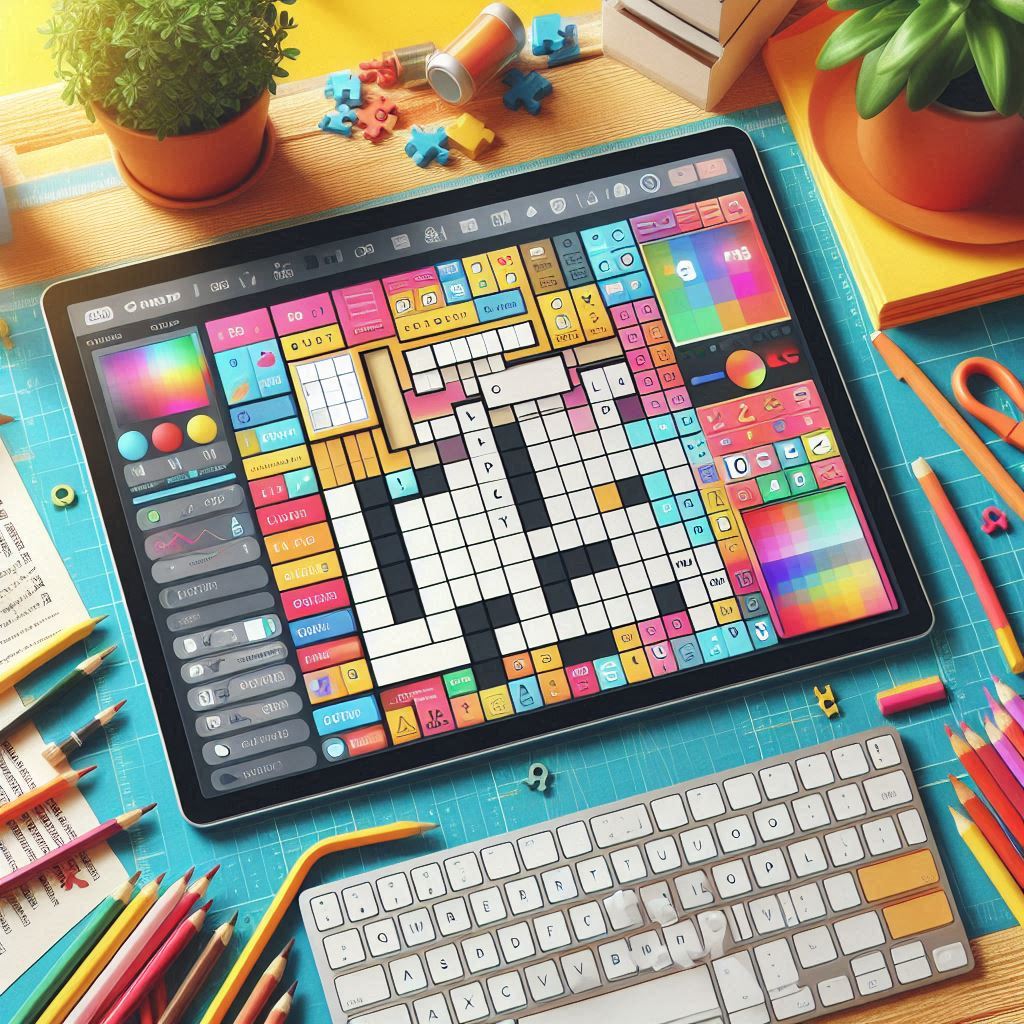Repeated clues in easy crossword puzzles can be surprisingly frustrating, even for beginners. While the puzzles are designed to be simple and approachable, encountering the same clue multiple times can disrupt the flow of solving, reduce engagement, and confuse solvers. Understanding why repeated clues occur and how to prevent or mitigate them can make puzzles more enjoyable and educational. Here are two key points to address the issue of repeated clues in easy crossword puzzles.

1. Decreases Solver Engagement and Confidence
When a clue appears more than once, beginners may think they made an error or that the puzzle is poorly designed. This can lead to unnecessary second-guessing, slowing down solving speed and reducing enjoyment. For solvers relying on easy crossword puzzles to build vocabulary or practice problem-solving, repeated clues can interrupt the learning process.
Solution:
- During puzzle creation, carefully review all clues to ensure uniqueness.
- Use a diverse set of keywords that fit the difficulty level without repetition.
- If repetition is unavoidable, consider providing alternative wording or hints for repeated entries.
Impact:
Unique clues maintain solver confidence and motivation. When every clue feels fresh, solvers are more likely to stay engaged, complete the puzzle, and experience the satisfaction that encourages continued practice and learning.
2. Limits Vocabulary Expansion and Cognitive Challenge
One of the benefits of easy crossword puzzles is exposure to a variety of words and contexts. Repeating clues reduces this exposure, limiting opportunities to learn new vocabulary or practice different problem-solving approaches. Solvers may also become bored, as repetition decreases the cognitive challenge that makes even simple puzzles rewarding.

Solution:
- Expand the pool of words before designing the grid to ensure sufficient variety.
- Categorize clues into themes (e.g., animals, food, colors) and rotate keywords within each theme.
- Use synonyms or related words to maintain engagement while keeping the difficulty level consistent.
Impact:
By avoiding repeated clues, puzzles provide a richer learning experience. Solvers encounter a broader range of words and ideas, reinforcing memory, improving vocabulary, and keeping the solving experience stimulating and enjoyable.
Repeated clues in easy crossword puzzles may seem minor, but they can significantly affect the solving experience. They reduce engagement, disrupt confidence, and limit vocabulary learning — all of which undermine the educational and entertainment value of beginner-friendly puzzles.
By ensuring clue uniqueness and providing diverse vocabulary options, puzzle creators can enhance both enjoyment and cognitive benefits. Thoughtfully designed easy crossword puzzles maintain solver motivation, promote learning, and create a satisfying challenge that keeps players returning for more.